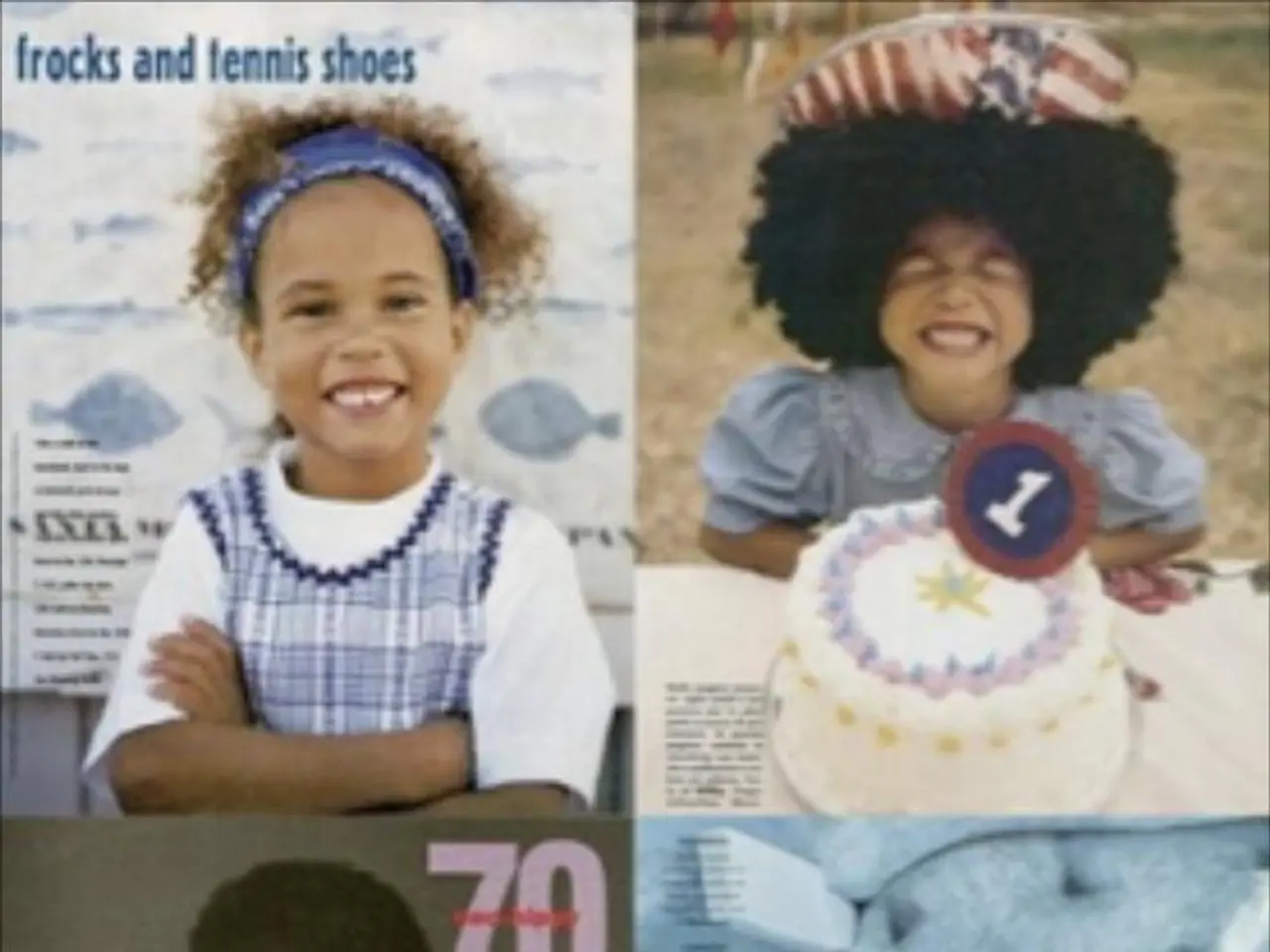Examination of Brotherhood and Sisterhood Ties in Individuals with Autism Spectrum Disorder
In families with an autistic member, the role of siblings often extends beyond the conventional, with many taking on additional responsibilities and challenges. A recent study sheds light on these dynamics, revealing that sisters, in particular, often assume more caregiving roles, especially when the autistic sibling has intellectual disabilities.
The research, which focused on the complex dynamics of sibling relationships in families with autistic adolescents, employed a qualitative approach, using in-depth interviews and reflexive practices. The findings highlight the need for interventions that address role conflict and promote role clarity within families.
Siblings in families with autistic members often develop greater empathy, patience, and a supportive attitude towards their autistic brothers or sisters. This fosters positive and loving relationships that may require adapting communication styles and behaviors. They frequently participate in therapy activities alongside parents and caregivers, learning strategies to support the autistic child's development, which can enhance family cohesion and shared understanding.
However, these siblings can also experience unique emotional and social impacts, including increased responsibility, confronting social differences, and navigating sensory or communication differences. This is why it's crucial to provide siblings with resources, training, and emotional support to help them understand autism, manage stress, and foster stronger bonds without undue burden.
The study's conclusions underscore the importance of developing targeted interventions and support strategies that address the unique challenges faced by siblings. Inclusive family-centered approaches that actively involve siblings in education, therapy, and caregiving improve outcomes for the autistic child and the entire family. Interventions enhance communication and social interaction skills not only for the autistic member but also promote positive family dynamics through shared activities and collaborative goals.
Recognizing siblings as critical members of the care team encourages consistent implementation of strategies across home and social contexts, improving generalization of skills to everyday life. Respite services and support groups for siblings could help alleviate the burden of caregiving and provide opportunities for siblings to connect with peers facing similar challenges.
Longitudinal studies could provide insights into how these relationships evolve over time. Future research should explore these dynamics in more diverse populations and from multiple family members' perspectives. The study's limitations include a small sample size, geographic specificity, participant socioeconomic background, self-reported data, and lack of perspectives from autistic siblings or other family members.
Understanding and supporting sibling relationships in families with autistic members is crucial for promoting overall family well-being and ensuring that all family members' needs are met. This contrasts with families without autistic members, where sibling roles generally do not require specialized intervention or support strategies.
- Siblings in families with autistic members learn to adapt communication styles and behaviors for positive relationships, thus fostering personal development and empathy.
- The study's findings suggest that sisters often take on more caregiving roles, highlighting the need for role clarity interventions in families with autistic adolescents.
- Data analysis from the research reveals that siblings in families with autism frequently learn strategies to support the autistic child, enhancing mental-health and family relationships.
- Interventions that address role conflict within families can promote mental health, health-and-wellness, and lifestyle improvement for siblings, parents, and the autistic member.
- Siblings in autistic families can experience stress due to increased responsibility and communication challenges, making emotional support essential for self-care and familial relationships.
- Research supports targeted interventions and support strategies for siblings, which can benefit the entire family's communication and interaction skills, contributing to family-dynamics and relationships.
- Sibling relationships often necessitate adapting to varied cultural backgrounds in families with autistic members, requiring additional educational resources and research.
- Longitudinal research can help explore how sibling relationships evolve, providing valuable insights into continued support strategies and family development over time.
- Sibling support groups and respite services can offer emotional support, relieve caregiving burden, and facilitate relationship-building between siblings facing similar challenges.
- Comprehensive research on sibling relationships in diverse families can bring to light differences in family dynamics, better inform support strategies, and further our understanding of autism, psychology, and science.




